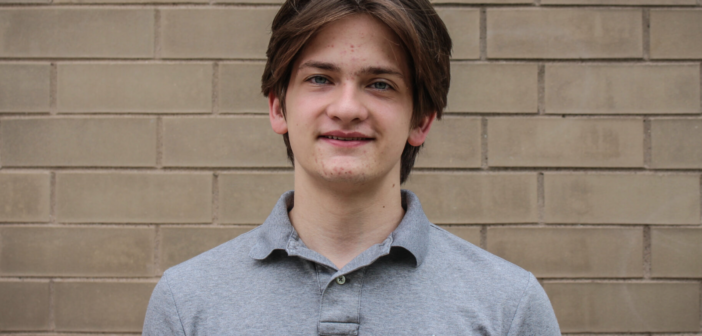For my last piece of the semester, I thought I’d talk about something fun and easy: consciousness.
Of course by fun and easy, I mean the only thing that rivals the history and fundamental mechanism of the universe in complexity and depth. Maybe.
In the universe, there are quite a number of “known unknowns”— things that we are aware of but that we don’t truly understand. While we are aware of the galaxies that exist far, far away, we can’t really figure them out until we point a telescope at them.
An old example is the black hole. We had no idea that black holes existed until the theory started pointing in its direction, and scientists properly discovered Cygnus-1 in 1971. It transitioned from being an “unknown known” to a “known unknown,” and eventually to a known known.
Of course, in neuroscience, there have also been unknown unknowns — discoveries of things we couldn’t predict were there.
But the difference between the brain and the universe arises from the fact that neuroscience is the brain learning about itself, which is far different from learning about the external world.
In my opinion, studying consciousness is essentially studying how awareness systematically impacts the decisions we make and the people we become. In other words, it’s about how our awareness changes us and how our knowledge predicts our lives.
We can all take solace in the idea that we can use what we learn to make the right choices. If we “know” something to be true, we can use it to our advantage and achieve the outcome that we want to achieve.
But this isn’t always the case.
Think of an optical illusion. If you watch a screen swirl for 30 seconds, when you look away, you are going to see an after-image, and it will seem like everything else is swirling, too. You know that this is an illusion. You know that the world is not really swirling.
But it doesn’t matter—you can’t just will away the effects of an illusion by your knowledge of how it works.
Conversely, if you are trying to complete a puzzle and someone tells you how to do it, you will know how to solve it forever. Once you understand how the pieces fit into each other, you can use the knowledge to your advantage.
In the first example, your knowledge is useless in manipulating your internal experience. In the second one, your knowledge allows you to manipulate your external experience.
We often consider our conscious mind to be hierarchically above our unconscious mind, and we tend to think that our conscious mind represents “us” due to our ability to manipulate it.
Both of these notions are probably flawed, which is unsettling because of how natural they feel.
The limits, bounds, flexibility and practicality of our awareness is somewhere between a “known unknown” and an “unknown unknown.” We know that we don’t understand it, but we aren’t sure if we are even capable of figuring it out.
Neuroscientists, especially in the last decade, have been struggling to grasp the mechanism for consciousness. We can see the action potentials, we can see the amygdala or the occipital lobe in an MRI and we can plot electrical activity, but these are all correlational. They don’t tell us how the activity that we can see turns into our subjective experience.
Some suspect that consciousness is a product of an electromagnetic field the brain produces, while others suspect that the process is more complicated.
But imagine we figure it out.
Imagine that we become fully aware of how our subjective experiences work and can manipulate them. The repercussions would be truthfully unimaginable.
We could be anything, or nothing, or anyone, anyway, anyhow, forever.
The debate of whether we would want such knowledge would probably be the most divisive debate of all time. It’s a matter of whether we want to continue being human or not — arguably, what all other debates are some version of.
Many people are tracking the prospect of a singularity in AI, where the progress of technology becomes unstoppable and irreversible. Fewer are aware of the idea that developments in the study of consciousness may be irreversible.
The interesting thing about both of these singularities is that no one truly knows how likely they are or whether they’re even possible. Perhaps science will hit a wall, which is a scary concept, but perhaps it won’t, the repercussions of which we presently struggle to imagine.






Comment policy
Comments posted to The Brown and White website are reviewed by a moderator before being approved. Incendiary speech or harassing language, including comments targeted at individuals, may be deemed unacceptable and not published. Spam and other soliciting will also be declined.
The Brown and White also reserves the right to not publish entirely anonymous comments.